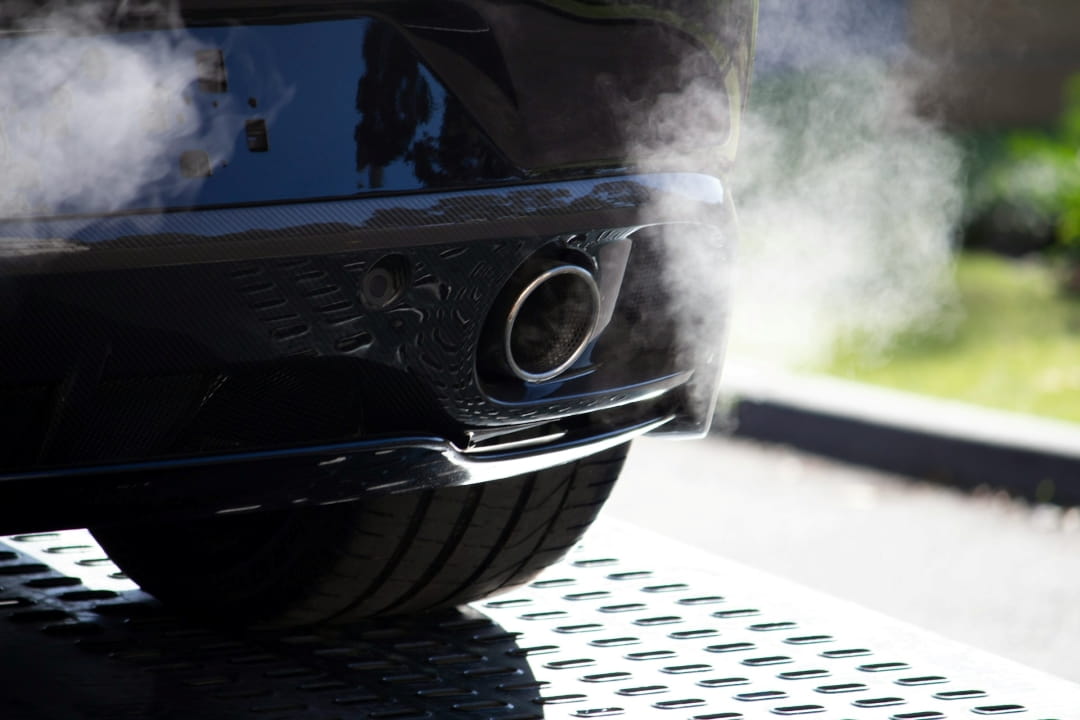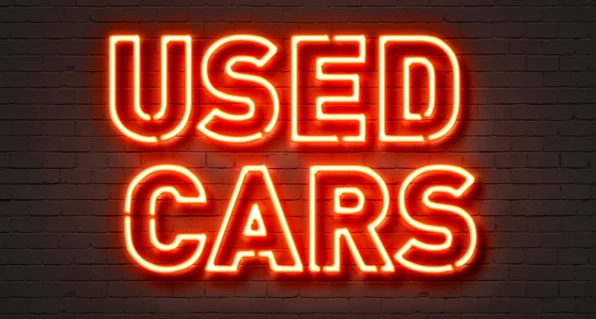Too many people waste money on mediocre car buys. When negotiating with a new auto dealer, it's easy to be intimidated. Knowing how to negotiate with a car salesman is tricky but, at the same time, stands to save you thousands of dollars.
We admit a new dealer does come with their unknowns. However, that doesn't mean you can't enter a dealership from a position of strength. Today we'll explain how to enter knowing what a fair price looks like, what a great one looks like, and when you may need to walk away.
Don't Get Your Heart Set on Anything
A strong negotiator is one who can walk away. One famous tip for hagglers is to fall "in like" with an item rather than in love. This tip works great for high-ticket items, cars included.
If you needa particular car, negotiating with an auto dealer becomes much harder. After all, now theyhave the power move you're supposed to have: the ability to stonewall price points they don't like.
If they key in on the fact you are desperate for a particular vehicle, they can just sit at a price until you buckle. If you do get into this mind space with an auto car dealer, walk away unless you're certain you're getting a good price.
Know What a Car Is Worth
Simply put, you should always know the approximate value of anything you buy. If you don't, how will you know what a good deal looks like?
The first step should be to research a particular model. What do they tend to be priced at, in a similar condition to the car you're considering? Then you should run a VIN check, which will let you see if the car has been in accidents, stolen, had issues with the Department of Motor Vehicles, and more.
Checking things like car listings lets you establish what a fair deal should look like. From there, you can decide what price you're going to aim for in the negotiations.
First, you'll want to figure out a "long shot" price that you think isn't likely to take. Then decide on a more reasonable price that is still below fair value. The first offer will either save you big or help make the second offer seem more reasonable.
This research also helps confirm whether a car is worth something like a surety bond or lease. You don't want a long-term commitment to a mediocre vehicle!
(As a final note, if you think you've been ripped off after buying a car, consider reporting it. There are several laws and agencies designed to help protect consumers from bad practices, and not all car dealers are reliable.)
(Mostly) Ignore the Pitch
Car dealerships want you to get your information on a vehicle from them and from a given brand's advertisements. They want you to hear about a vehicle's many features and almost none of any known issues. Often the closest to a negative you'll get is a vehicle's MPG, even if it is on the low side.
Someone who sells vehicles may even have incorrect information or downright lie (although doing so is often illegal). How do you avoid falling for the hype as you're walked through their display area? You ignore it, at least for the most part, never fully accepting dealer solutions to your information needs.
Diligent research allows you to enter a dealership knowing what vehicles are worth your time. You'll know their strengths and weaknesses. Most importantly, you'll how much they're worth regardless of how it is pitched to you by a salesman.
That said, you may be able to suss out more information in your conversation with a salesman or vehicles dealer. You should ask about known issues with the vehicle and if it has ever been in an accident. You may also want to call ahead, especially during the pandemic, to see if they offer dealer home services (aka virtual tours).
Basic questions should be alright to trust dealers with. Ask about dealer plates.
Be sure to research the auto dealer too. Have they submitted their dealer license application and received their motor vehicle dealer license? A car dealer license is more than a formality; it's a sign they know what they're doing and care about the law.
Choose a Good Time to Buy

It's often said October, November, and December are the best times to buy a car. This is when dealerships are often rushing to meet quotas, which means you'll have a lot more room to negotiate since they may be more desperate for a sale. If they're an established place of business with no other troubles, this is usuallyyour best bet.
That said, a lot goes into what makes "the best" time to buy. For example, is a dealership doing well? If they are, they may not budge their prices as much since they don't needyour money.
Meanwhile, a licensed dealer hitting hard times may be willing to offer steep discounts. Cars lose value over time, and an auto trader dealer needs at least a moderate amount of liquid capital to stay afloat. In a similar vein, this also means cars that have been on their lot a long time may have more room to negotiate, as the dealer may worry the vehicle isn't as easy to sell as once thought.
That said, watch out for issues related to legal troubles (such as when Michigan's Secretary of State shut down several automotive businesses for various violations). You may be able to get cheap prices from places going out of business or otherwise needing to pay legal expenses, but it doesn't guarantee you're going to get quality goods.
If You're Buying Used Always Read the Buyers Guide
A Buyers Guide is a document a car dealer must put in every used vehicle they sell aimed to keep car buyers informed. It will cover warranty details, known problems to look out for, and more. While you shouldn't onlyuse this guide to get your information, it can be a big help.
The US government has written a helpful guide to use these documents, which we've linked to above. You can even have it read to you out loud if you have difficulty reading using in-built tools.
The government makes for a good, trusted authority on automotive consumer tips because they don't have much of a stake in the sale. They just want consumers to be protected from bad practices. It's for much the same reason dealer applications and licenses exist; they want dealers to be fair and honest, so they require they have an auto dealer license.
If a business doesn't have these guides available, be careful. Vehicle dealers licensed to operate in the state should have them ready as a standard.
Auto Dealers Shouldn't Overpay Either
This guide was aimed at the average buyer, but much of the advice can also translate well to making sure auto dealers don't get ripped off either. For example, EpicVIN can help you check the VIN on dozens of vehicles at affordable prices! (Our bulk deal is fantastic for wholesale dealers, who may have many cars at once.)
Cars are expensive, and both dealers and individual buyers alike deserve to pay fair prices. Remember to watch for red flags, know what prices you're willing to pay, and always be ready to walk away!







